A couple of things about the Giro d'Italia
The Giro is the connoisseur’s Grand Tour – a beautiful and innovative race. But let’s not look at it through rose-tinted spectacles.
Words by Edward Pickering
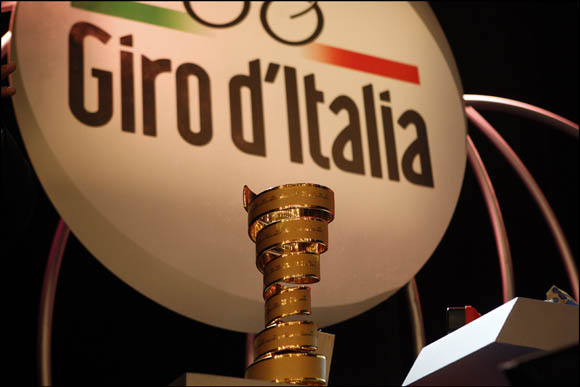
Grand Tour season starts today, with the Giro d’Italia’s first stage, a team time trial in Turin. Expectations are high. In my opinion last year’s event was the best Grand Tour since the 1989 Tour de France. And we were treated to a vintage Classics season this year. Bike racing hasn’t been this exciting for a long time.
And what better race than the Giro to carry on the momentum? It’s consistently shown itself to be the most innovative of the Grand Tours in the last decade. While the Tour de France ossified under the directorship of Jean-Marie Leblanc through the 1990s and 2000s (although new race director Christian Prudhomme, to his credit, is starting to experiment with more original stage formats), the Giro has repeatedly delighted and shocked us with its daring.
The adoption of climbs like the Mortirolo and Monte Zoncolan, last year’s incredible Strade Bianche stage, and the recent cutting down of pure sprinters’ stages (encouraging less controlled, predictable racing), have all made it the connoisseur’s Grand Tour.
It’s even become a kind of quality control test among cycling fans. The attitude is that Johnny-come-latelys and part-time fans prefer the Tour de France – it’s often the only race some people watch. But true fans prefer the Giro – better racing, steeper mountains, and the pure, raw tear-jerking passion of the Italian fans.
But while I’m looking forward to three weeks of racing as much as anybody, there are a couple of things which bother me about the 2011 Giro. First, it’s too hard. And second, it looks very much like Alberto Contador is the favourite.
Get The Leadout Newsletter
The latest race content, interviews, features, reviews and expert buying guides, direct to your inbox!
Let’s look at the first problem – its toughness.
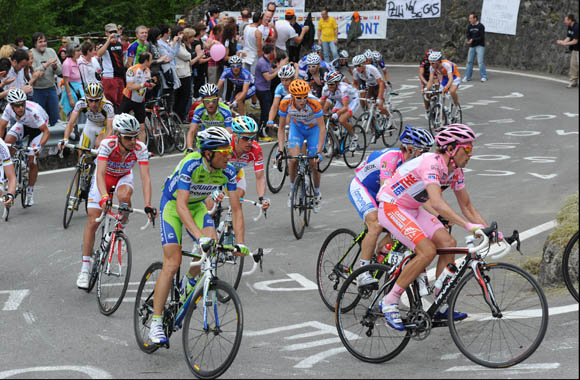
Bike racing is supposed to be hard. The elemental battle to find the strongest man or woman finds some of its most pure expression in the sport of cycling. But in turning the Giro into day after day of insanely steep mountains, the organisers have turned what should be a subtle tactical battle into a war of attrition. The logic seems to be, fans love a super-steep mountain finish, therefore they’ll like two super-steep mountain finishes even more.
But there are diminishing returns to adding ever more difficult mountain stages. I love foie gras as much as the next man, but I don’t want it for the starter, main and dessert.
Look at last year’s race – the best Grand Tour in 20 years. The most exciting stages were to Montalcino, over the Strade Bianche, and to L’Aquila, when the entire race split in two. Admittedly, Monte Zoncolan was also incredibly absorbing, but the Montalcino and L’Aquila stages were hilly, rather than mountainous.
To their credit, the organisers of the Giro haven’t been shy about including plenty of rolling stages in 2011, and I’m looking forward to these most. The mountain stages, on the other hand, are going to kill most of the field, and turn the overall battle into a straight contest of who’s climbing best. There are summit finishes on stages seven and nine. Then three in a row between 13 and 15. And an uphill time trial on stage 16. And more in the final week, culminating in the stage to Sestriere. Does anybody think we’re going to learn anything on the eighth summit finish that we didn’t know after the third?
Personally, I’d prefer a more balanced route. I don’t like Grand Tours dominated by unfeasibly difficult mountains any more than I used to like it when the Tour had two whacking great long time trials. Innovation isn’t the same as taking a good idea too far.
Secondly, Alberto Contador.
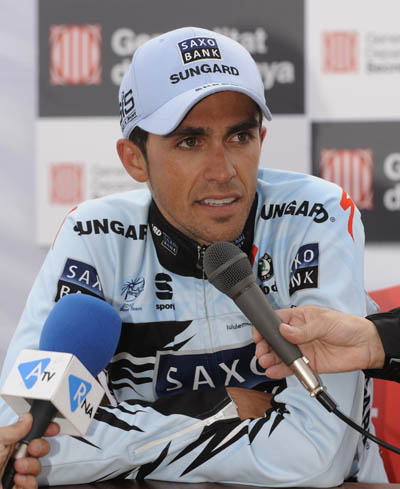
The Spaniard has to be the favourite for the Giro, in spite of a strong field which includes Vuelta champion Vincenzo Nibali and former Giro winner Denis Menchov. He’s consistently been the best climber in the world, and the best Grand Tour rider, for several years now.
Shame about that positive test in last year’s Tour. And a shame the Spanish cycling federation chose to set a very dangerous precedent of not sanctioning Contador for that positive test. Also a shame that it looked very much like the test was going to be covered up, before a leak to German media forced the authorities’ hand.
We face the proposition of Contador winning the Giro, then retrospectively being stripped of the win, if the CAS decide to uphold WADA and the UCI’s appeals in June against the Spanish federation’s decision not to impose a ban.
Easy. If Contador does get the ban, just go to Madrid, take the maglia rosa off him (just as Contador’s manager Bjarne Riis invited us to travel to his house to take the yellow jersey he won in the 1996 Tour after he admitted ingesting enough EPO to turn a carthorse into Red Rum), and give it to whoever comes second.
Except it would negate three weeks of (hopefully) exciting racing, and make a mockery of the whole event.
Contador shouldn’t be on the start line. In an event that’s been cursed with its fair share of doping problems in the past (conveniently represented by Danilo Di Luca’s presence in the race), the last thing the Giro needs is a winner who’s subsequently disqualified for a positive test which happened several months before the race.
I’m looking forward to the Giro, especially the rolling stages, the strade bianche on the way to Orvieto and the mountains. Plus a Cavendish stage win or two. And anything else the riders can do to surprise and entertain me.
I’m not so excited about a leg-breaking procession up the umpteenth summit finish. And I’m not excited about the race possibly being decided in a courtroom some weeks after the final stage.
Let’s hope the connoisseur’s Grand Tour turns out to justify its burgeoning reputation as the best of the three.
Follow us on Twitter: www.twitter.com/cyclesportmag

Thank you for reading 20 articles this month* Join now for unlimited access
Enjoy your first month for just £1 / $1 / €1
*Read 5 free articles per month without a subscription

Join now for unlimited access
Try first month for just £1 / $1 / €1
Edward Pickering is a writer and journalist, editor of Pro Cycling and previous deputy editor of Cycle Sport. As well as contributing to Cycling Weekly, he has also written for the likes of the New York Times. His book, The Race Against Time, saw him shortlisted for Best New Writer at the British Sports Book Awards. A self-confessed 'fair weather cyclist', Pickering also enjoys running.
-
 FDJ-Suez, SD Worx-Protime, Lidl-Trek confirmed for Tour of Britain Women as strong list of teams announced
FDJ-Suez, SD Worx-Protime, Lidl-Trek confirmed for Tour of Britain Women as strong list of teams announced18 teams set to take part in four-day WorldTour stage race
By Tom Thewlis
-
 Cyclists could face life sentences for killing pedestrians if new law passed in England and Wales
Cyclists could face life sentences for killing pedestrians if new law passed in England and WalesReckless cycling currently carries a maximum two-year jail term
By Tom Thewlis
-
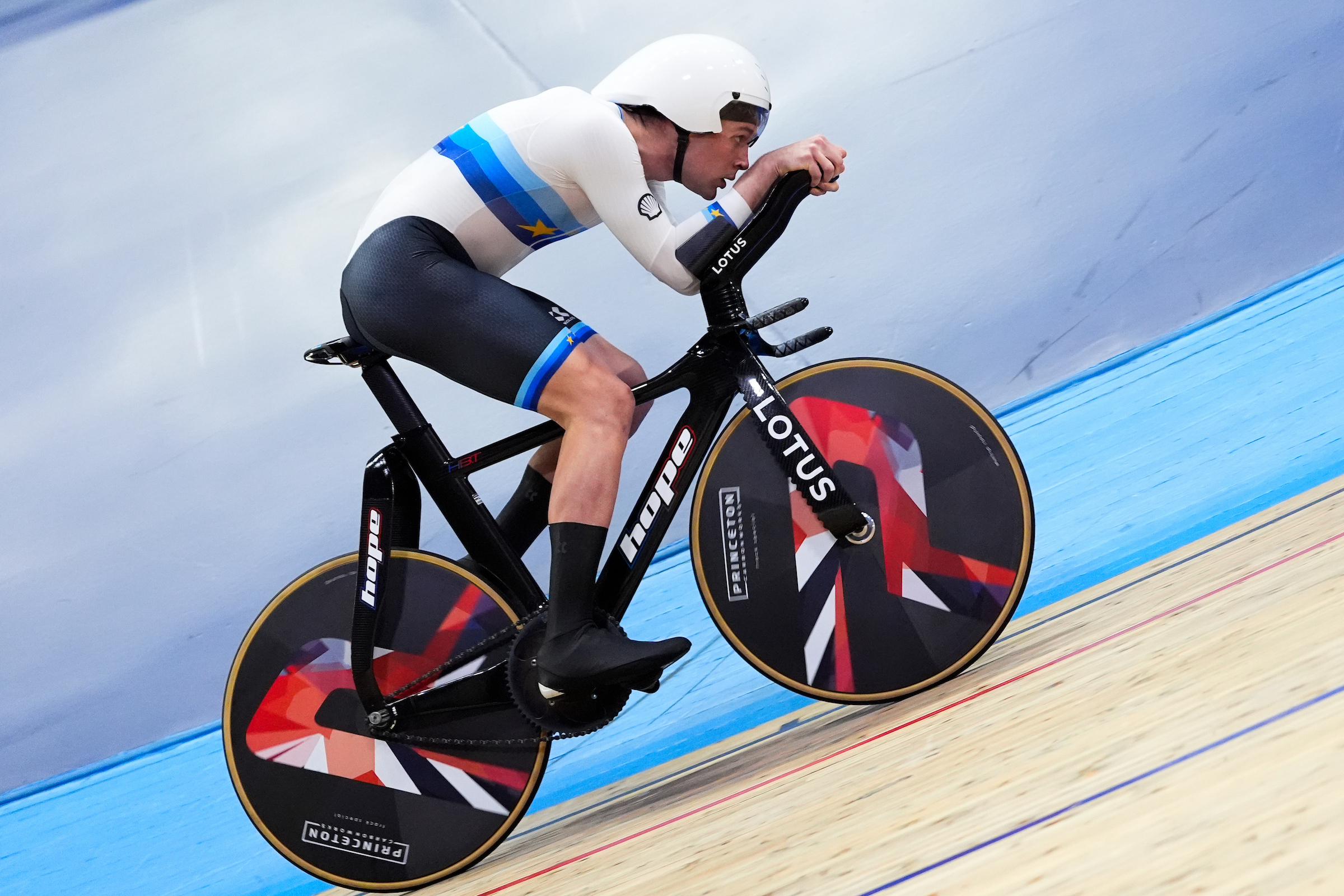 'Five or six WorldTour teams asked for my data' - Interest grows around world record breaker without a road team
'Five or six WorldTour teams asked for my data' - Interest grows around world record breaker without a road teamJosh Charlton says there's "definitely interest" in his signature
By Tom Davidson
-
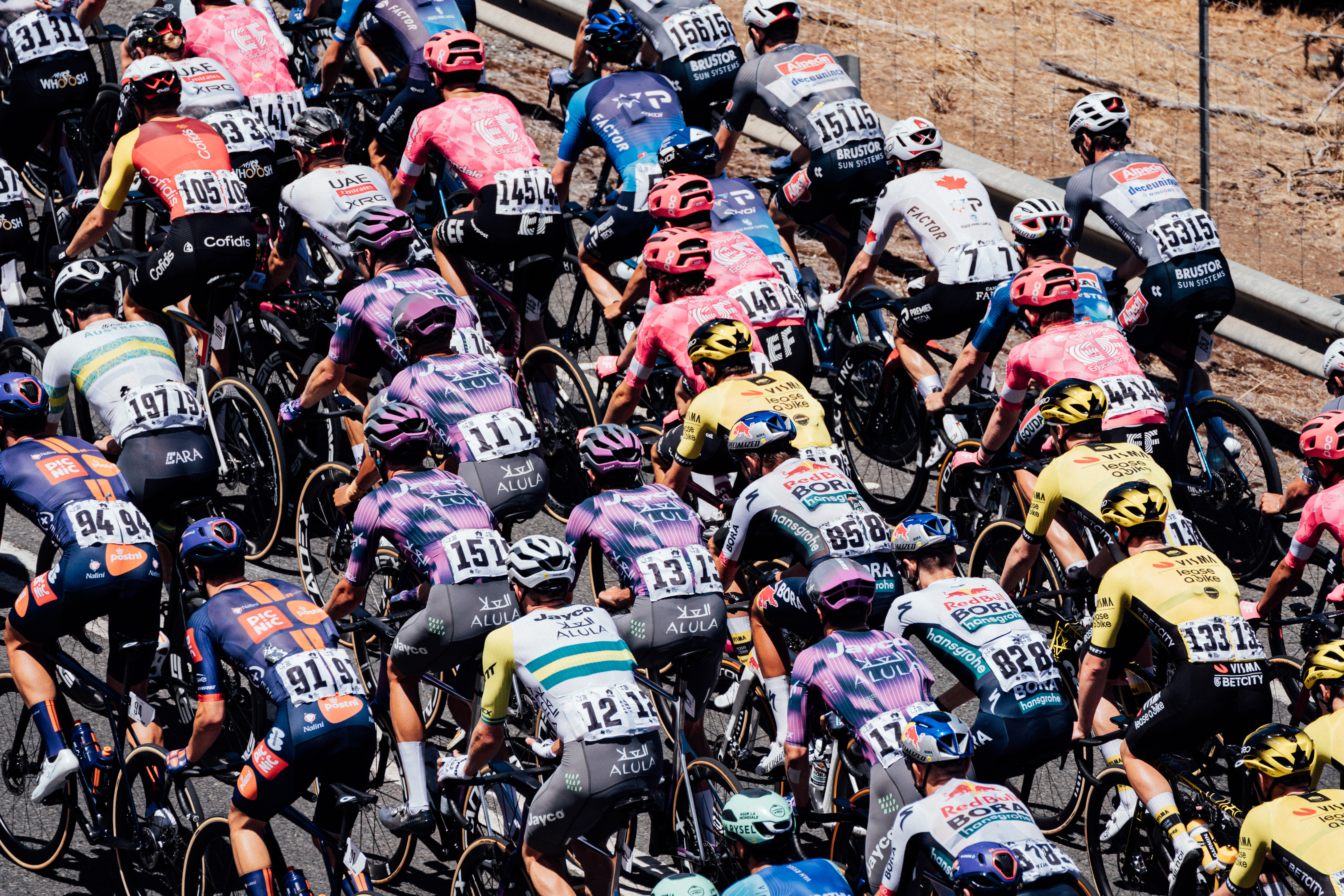 Men's WorldTour 2025: Everything you need to know about the teams
Men's WorldTour 2025: Everything you need to know about the teamsThe leaders, transfers and team ambitions set to shape the season ahead
By Adam Becket
-
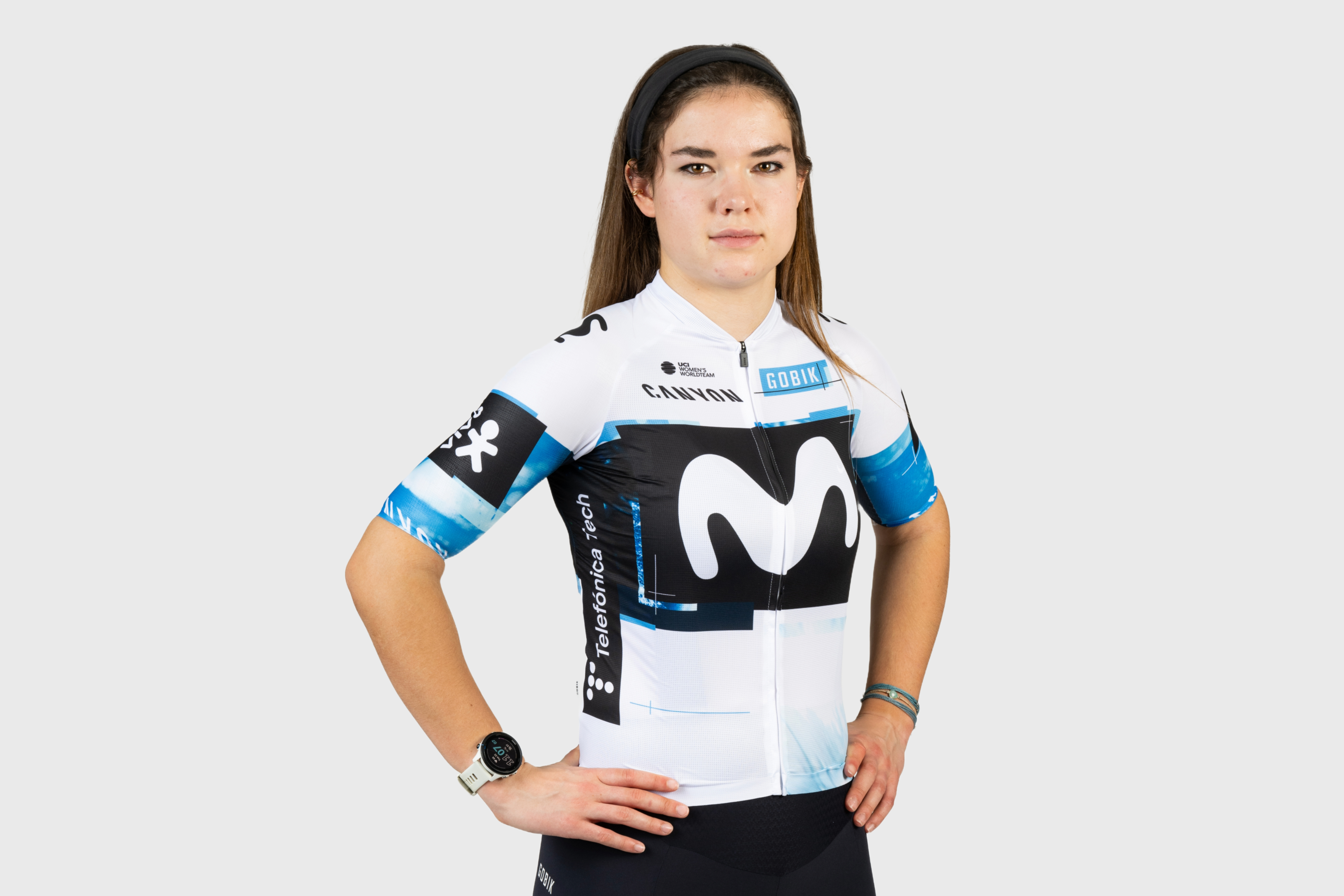 'It's a bit scary' - WorldTour's youngest rider to pair schoolwork with racing
'It's a bit scary' - WorldTour's youngest rider to pair schoolwork with racingA-level student Carys Lloyd is one of Movistar's latest recruits
By Tom Davidson
-
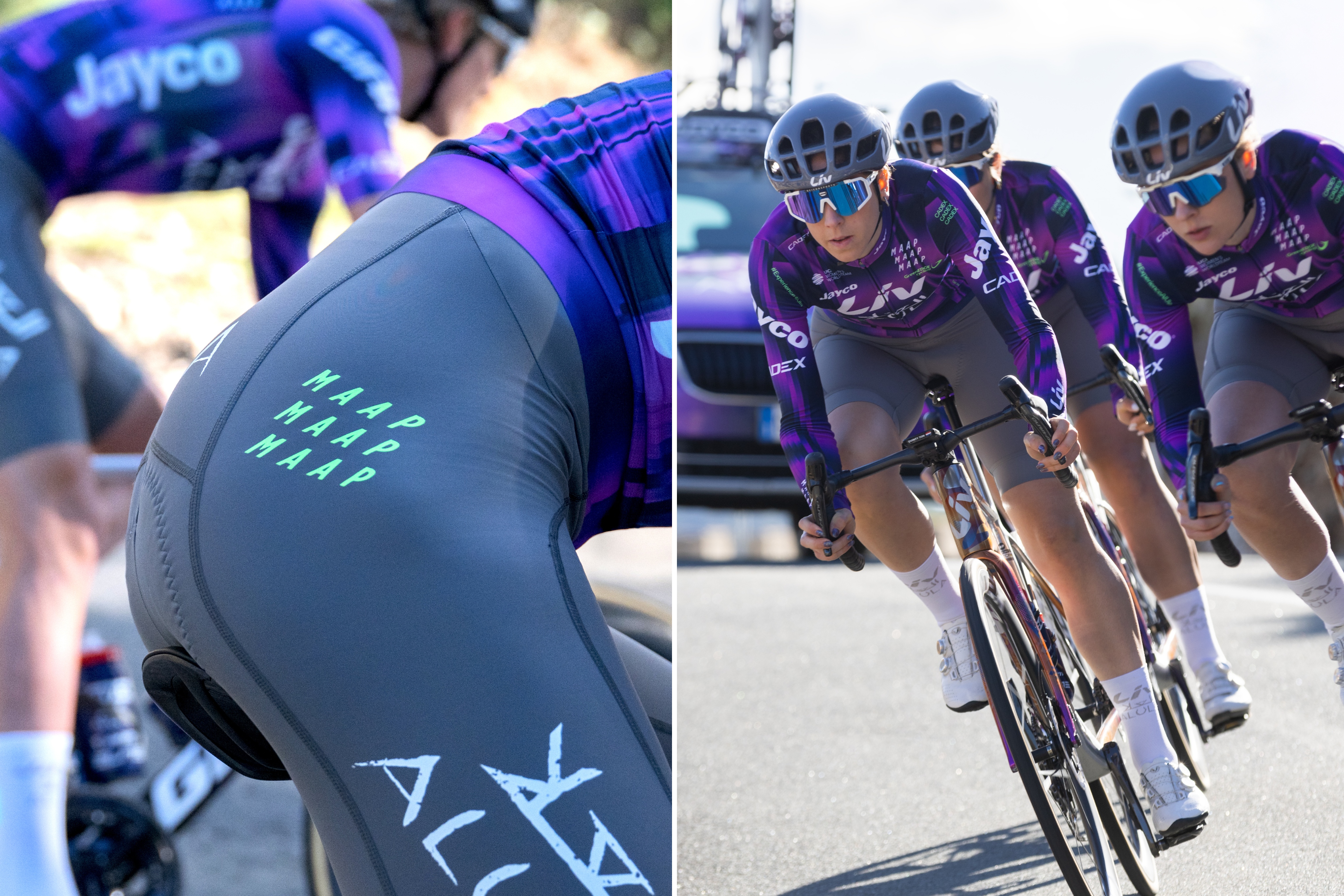 'We call it shadow' - MAAP brings grey bib shorts to the WorldTour with Jayco AlUla
'We call it shadow' - MAAP brings grey bib shorts to the WorldTour with Jayco AlUlaAustralian brand vows to add 'fashion influence' to sport's top level, and says grey colour is 'not as contentious' as AG2R's classic brown
By Tom Davidson
-
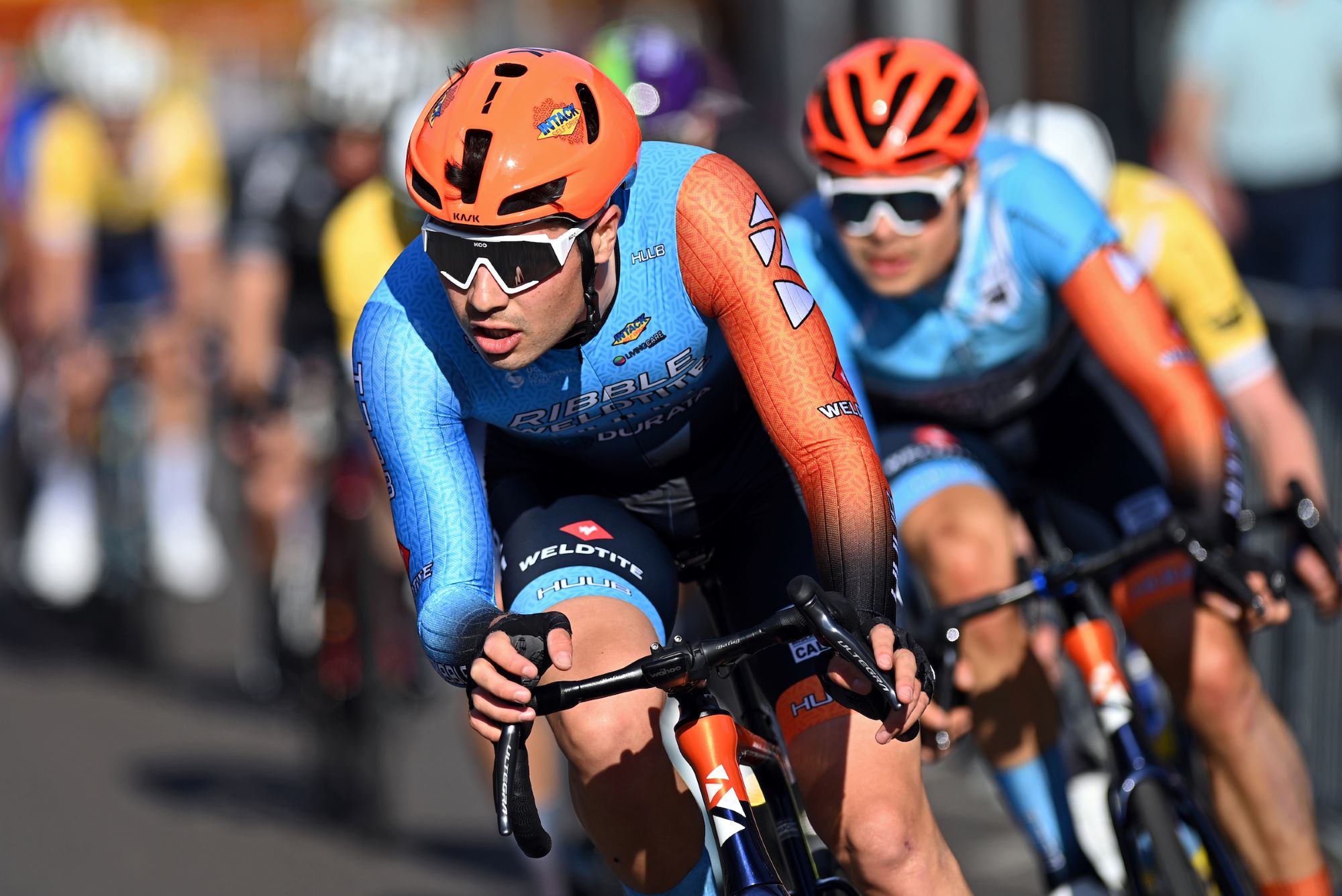 Global backers in talks over new British WorldTour team
Global backers in talks over new British WorldTour teamFormer management of Ribble Weldtite courting interest in new project
By Tom Thewlis
-
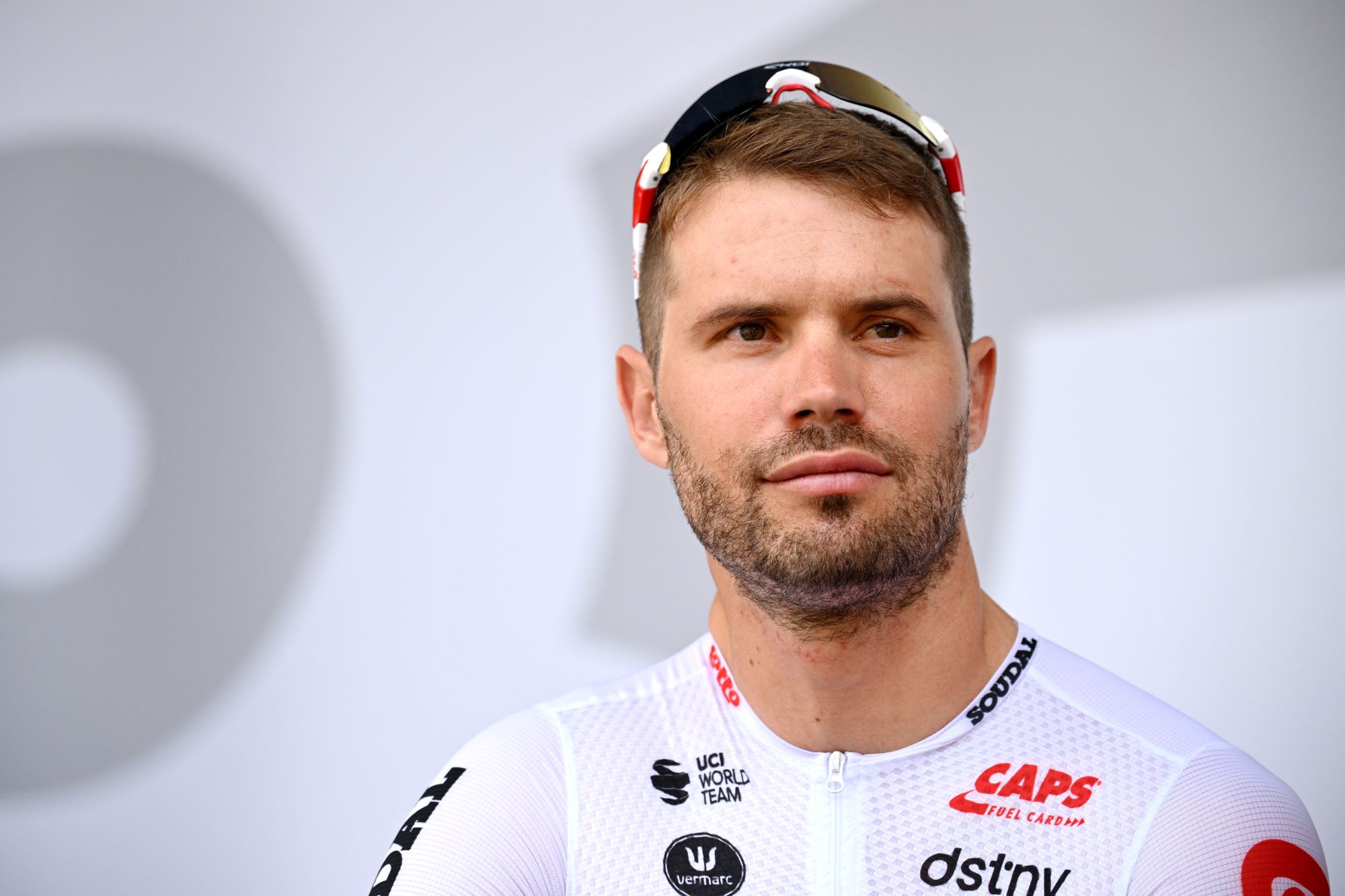 ‘Current WorldTour system is killing all the smaller teams,’ says Reinardt Janse van Rensburg
‘Current WorldTour system is killing all the smaller teams,’ says Reinardt Janse van RensburgSouth African ex-Lotto Soudal rider fears more teams could find themselves in B & B Hotels-KTM situation if the system doesn’t change
By Tom Thewlis
-
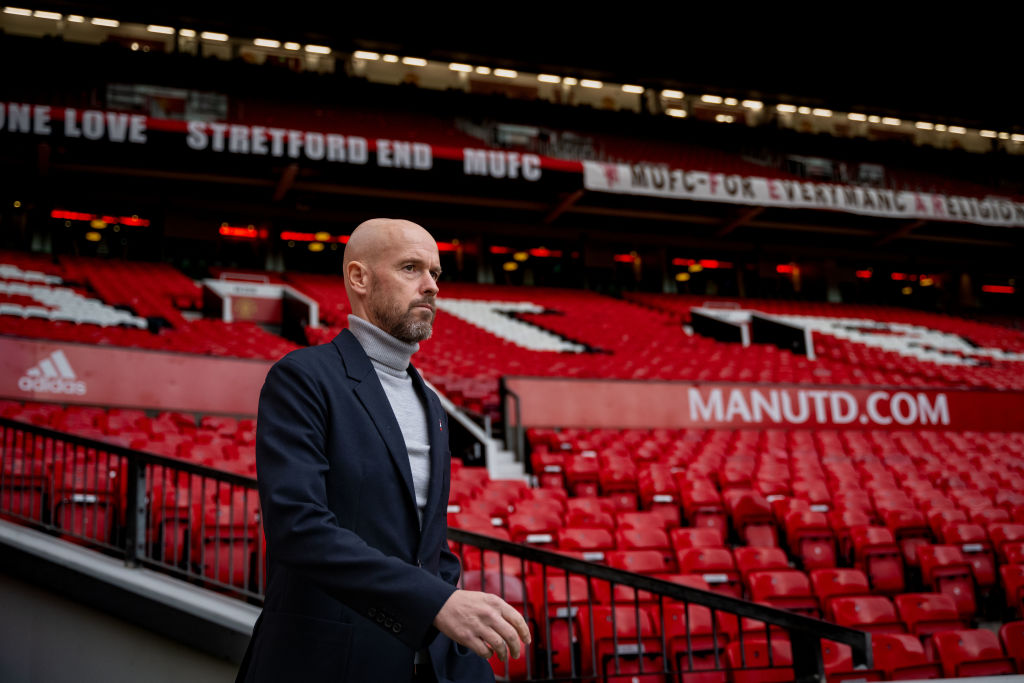 As Cristiano Ronaldo puts the boot in, Jumbo-Visma talk to Manchester United about tactics and managing egos
As Cristiano Ronaldo puts the boot in, Jumbo-Visma talk to Manchester United about tactics and managing egosThe Dutch team’s senior sports director has spoken to Manchester United’s manager for sporting advice
By Owen Rogers
-
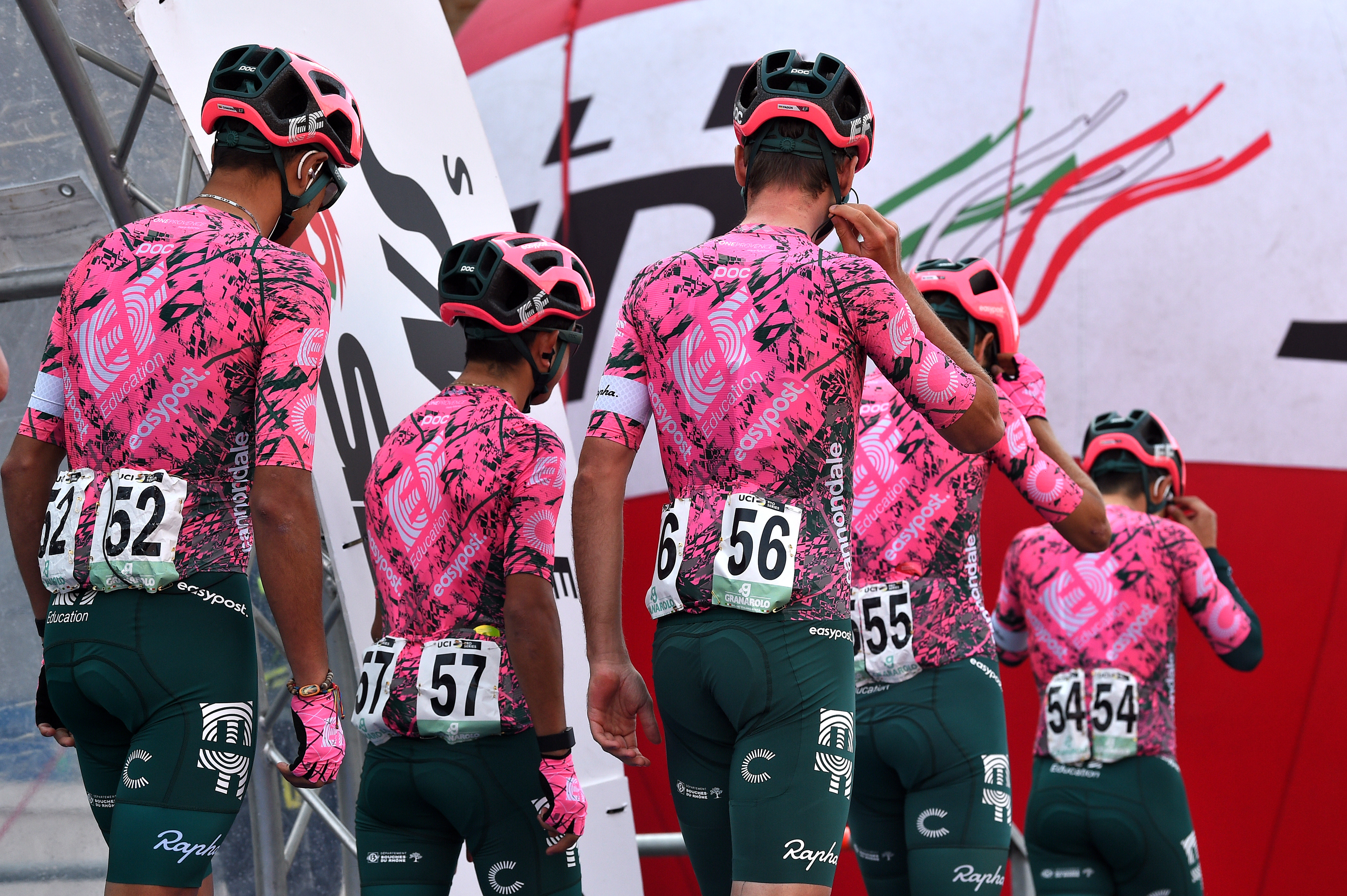 'It's a really absurd way of racing' - EF boss Jonathan Vaughters on WorldTour relegation scrap
'It's a really absurd way of racing' - EF boss Jonathan Vaughters on WorldTour relegation scrapEF Education-EasyPost manager says he hated racing for UCI points
By Tom Davidson